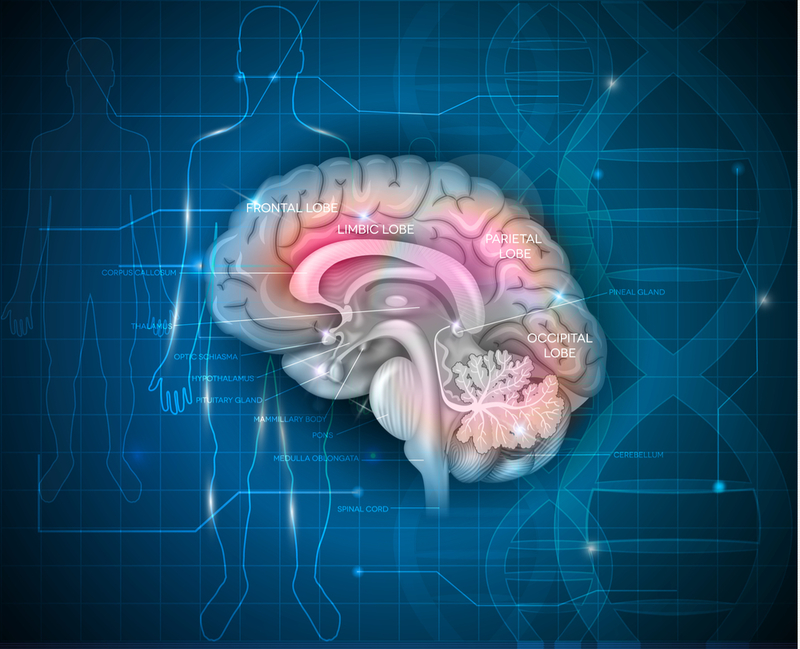22 new genetic risk factors for stroke identified
IANS Mar 14, 2018
Researchers have now identified from DNA samples of 520,000 people globally, 22 new genetic risk factors associated with stroke, which can help with better understanding for building personalised treatments for an otherwise, very complex disease.

Scientists, including one of Indian-origin, have identified 22 new genetic risk factors for stroke, from DNA samples of 520,000 individuals worldwide, thus tripling the number of gene regions known to affect stroke risk. Stroke is the second most common cause of both death and disability-adjusted life-years worldwide, but its molecular mechanisms remain poorly understood. Previously, only 10 genetic risk factors had been identified for stroke. "Understanding these newly identified risk factors for stroke should also enable us to find novel treatments for dementia," said Sudha Seshadri, University of Texas-San Antonio, US.
"Vascular disease in the brain -- a series of strokes -- can lead to dementia," Seshadri added. The results, published in the journal Nature Genetics, demonstrated shared genetic influences with multiple related vascular conditions, especially blood pressure, but also coronary artery disease, venous thromboembolism and others. Linking these results with extensive biological databases provides novel clues on stroke mechanisms and illustrates the potential of genetics to identify drug targets for stroke therapy, the researchers said.
Stroke can originate from alterations in various parts of the vasculature including large arteries, small arteries, the heart, and the venous system and the researchers found genetic risk factors implicated in each of these mechanisms. The study showed that some genetic risk factors contribute to specific mechanisms and others to stroke susceptibility at large.
Further, the researchers noticed that several of them overlap with genomic areas known to be implicated in related vascular conditions such as atrial fibrillation, coronary artery disease, venous thrombosis, or vascular risk factors, especially elevated blood pressure, and less so hyperlipidemia. In addition, the researchers found that the genes they identified are enriched in drug targets for antithrombotic therapy, used to re-open occluded blood vessels in patients with acute stroke or to prevent vascular events including stroke.
"These genetic findings represent a first step towards developing personalised, evidence-based treatments for this very complex disease. They provide evidence for several novel biological pathways involved in stroke that may lead to the discovery of novel drug targets," explained Rainer Malik, from the Ludwig-Maximilians-Universitaet (LMU) in Munich, Germany.
-
Exclusive Write-ups & Webinars by KOLs
-
Daily Quiz by specialty
-
Paid Market Research Surveys
-
Case discussions, News & Journals' summaries